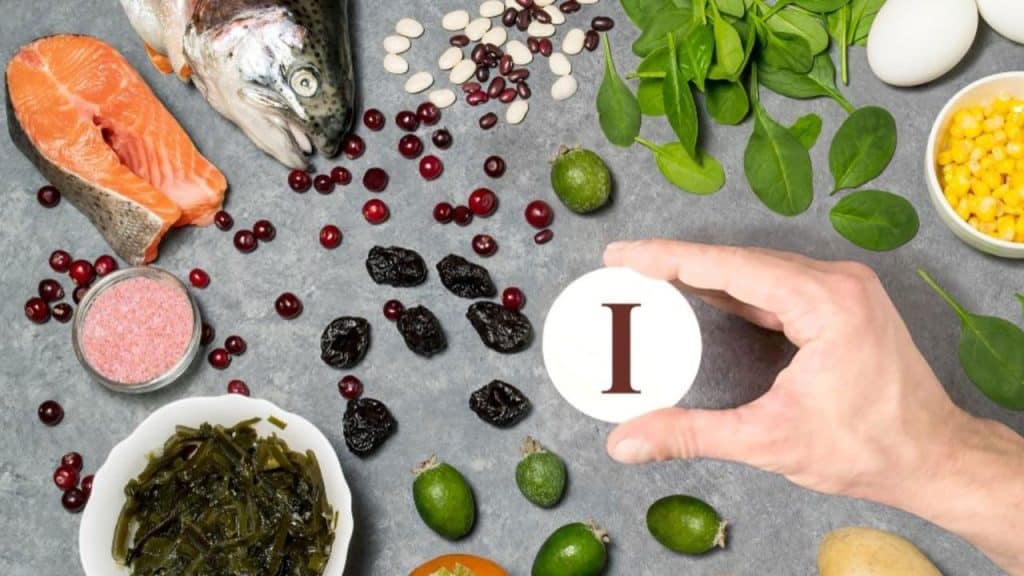Iodine isn’t the most well-known of the chemical elements, so you may not realize it’s an essential part of your diet. Nevertheless, an iodine deficiency can cause all sorts of problems, from thyroid issues to intellectual disability. That means you need to know which foods can give you the iodine you need (https://longevity.technology/lifestyle/iodine-rich-foods-a-key-component-of-a-balanced-diet/) and how to spot deficiencies.
Potential sources of iodine depend a little on where you are in the world. That’s because iodine levels in the soil vary, which affects how much iodine is transferred to the crops that grow there. In places where a lack of iodine is common, it’s sometimes added to regular table salt to make sure it reaches the largest number of people.
Traditionally, one of the most effective sources of dietary iodine is seaweed, particularly kombu kelp, nori and wakame. Clearly, these aren’t available to everyone. Fish and shellfish can be good sources, including cod, oysters, shrimp and tuna. Dairy and eggs work if the cows and chickens had enough iodine in their own diet. Lima beans and prunes are some of the best vegan sources, as long as they grew in iodine-rich environments.
If you don’t receive enough iodine, you could develop a goiter, which is a swelling on your neck caused by an enlarged thyroid gland. Iodine is essential for the proper functioning of the thyroid gland. Without it, hypothyroidism, or a deficiency in thyroid hormones, can cause fatigue, weight gain, constipation, weakness, dry skin, dry hair and sensitivity to cold.
Some people are at particular risk of iodine deficiency. As with many nutrients, you need to take in more when you’re pregnant to ensure the baby receives an adequate amount. Iodine is essential for the cognitive development of children, so it’s extra important they receive enough iodine. If you live inland and don’t have regular access to seafood, especially if you’re in a mountainous area with poor soil, there is a lower chance you’ll have enough iodine in your diet.
Of course, you don’t want to overdose on iodine. That can cause your thyroid hormone levels to soar much too high. Still, the addition of iodized salt to regular diets has dramatically reduced incidents of iodine deficiency across the world. It’s definitely something you need to think about as part of ensuring you consume a balanced diet that includes all of the essential nutrients.




